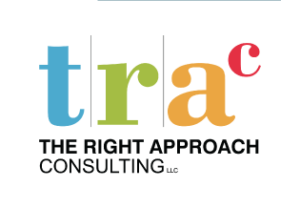Evaluate Training during your Gemba Walk
Tales from the Road
A typical scenario for me is to be walking through a manufacturing facility and stopping at a work center manned by a highly-skilled operator. The management escort is quick to say “Stanley here is our department lead, and one of our most experienced drill operators.” When asked to see Stanley’s training records, the manager states “Stanley is our trainer, and all new employees apprentice with him before becoming certified to run a drill.” When asked again to see Stanley’s training records, the manager says “Well, uh… Stanley was grandfathered in since he has been running this drill for 30 years; he certainly doesn’t need to be trained.”
In these cases, management just doesn’t “get it”; highly-skilled, experienced people like Stanley are the greatest asset to any company’s training program, and should be the foundation the program is built around. One of the greatest advantages of training in this situation is to capture the tribal knowledge of the highly-skilled workforce. What I mean by tribal knowledge is the entirety of people like Stanley’s expertise, experience, tricks of the trade, and the idiosyncrasies of the job that have been learned over the last 30 years that are probably not documented anywhere.
Preserving this tribal knowledge and turning it into a training competitive advantage is critical to a company’s long-term survival.
